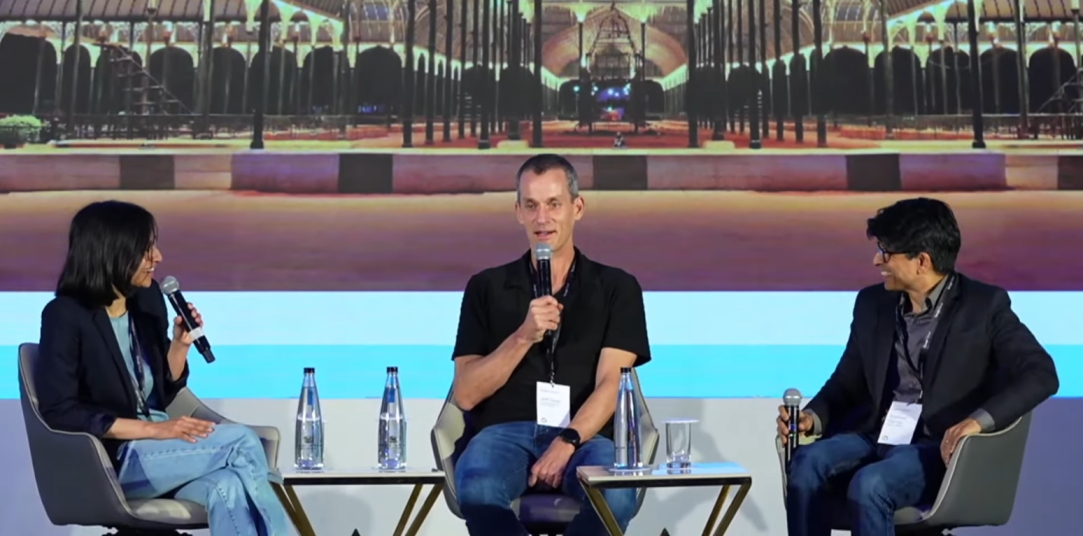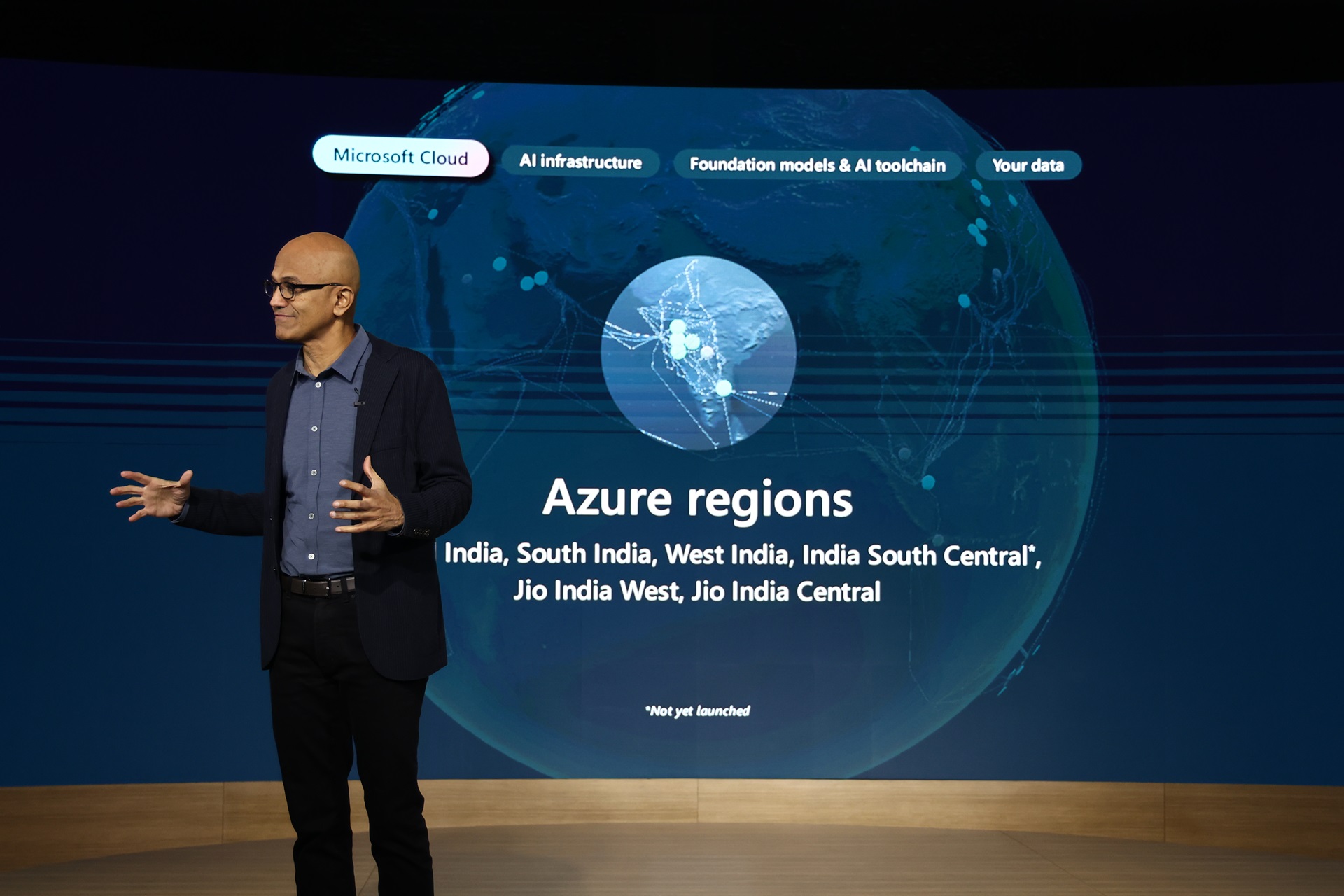- Silicon Valley visionaries, from Google and Microsoft believe that India has the potential to emerge as a thriving center for AI advancements.
- India has a staggering 5.8 million programmers and announced a massive INR 1 lakh crore fund dedicated to new initiatives for cutting-edge deep-tech technologies, in the 2024 interim budget.
- Here is a summary of why AI should be taken seriously.
The large talent pool of engineers
India is home to 5.8 million programmers, making it a significant hub for technical talent.
According to NASSCOM, India has approximately half a million individuals specializing in AI and data sciences.
This number excludes those who have adopted unconventional paths to gain familiarity with AI.
Simplilearn reported a 200% increase in enrollments for AI and machine learning programs specifically in India.
All of it indicates the country’s growing interest and involvement in the AI industry.

World leaders looking at India for AI talent
In 2023 Satya Nadella’s office released a statement of how India possesses a thriving developer and start-up ecosystem, making it one of the most dynamic in the world.
Microsoft remains fully committed to fostering the growth of Indian technology, which will have a significant impact on both Indian and global markets.
On 7th February 2024 Microsoft’s Chairman and CEO Satya Nadella visited India yet again – What was the key theme for 2024? Discussing Artificial Intelligence (AI) and its opportunities, with India’s developer community.
During Microsoft’s global AI tour in India, Puneet Chandok, President of Microsoft India & South Asia, highlighted that – every sixth AI researcher, AI builder, and AI developer comes from India!
Additionally, Google’s chief scientist, Jeff Dean, recently visited Bengaluru.
During an event, ‘Leaders Connect with Jeff Dean’ he emphasized how well-situated India is, in terms of making strides in the AI/ML field.

GoI initiatives to boost AI research and development
India has taken significant steps in this regard.
In 2018, India launched the National AI Strategy. This outlines India’s vision, mission, and roadmap for AI development and implementation across various sectors such as healthcare, agriculture, education, smart cities, and smart mobility
Furthermore, India has set up the National Centre for Artificial Intelligence (NCAI), a network of research and innovation hubs aimed at fostering collaboration and excellence in AI research and development.
That’s not all.
In the recent 2024 Interim Budget, the Indian government has also announced a ₹1 lakh crore fund. It aims to provide long-term financing and interest-free loans for research and innovation in emerging sectors, as well as support deep-tech technologies.
Additionally, the scheme ‘Establishment of 3 Centres of Excellence (CoEs) in Artificial Intelligence (AI)’ announced in the 2023 budget, received an allocation of ₹255 crore in the Interim Budget of 2024.
Investment in AI from global companies
In India, Google Cloud is partnering with Bhashini, an AI-driven language translation system, under the Ministry of Electronics and Information Technology (MeitY).
They are projected to launch a Center of Excellence focused on Generative AI and Language Inclusivity. The goal is to provide generative AI knowledge and skills to one million professionals and students, enabling them to thrive in the new era of AI.
On 8th January 2024, Microsoft announced the launch of AI Odyssey, aiming to train 100,000 developers in India on the latest AI technologies and tools.
This program will help developers acquire and showcase the necessary skills to successfully execute AI projects aligned with business goals and outcomes.
Microsoft is betting big on the Indian talent, it would seem.
Wrapping up
Given these developments, one thing is evident… the potential benefits and advancements in AI technology make it an essential tool for staying competitive in the industry.
A recent survey conducted by EY among CEOs of Indian companies highlighted the significant interest in Generative AI (GenAI).
To fund these investments, 84% of CEOs are either raising new capital or reallocating funds from other investment projects or technology budgets.
The finance sector is expected to benefit greatly from AI automation, with tasks such as customer service, fraud detection, and risk assessment being automated. This trend is further supported by the Big 4 as well.
In 2023, KPMG and Microsoft joined forces to launch a groundbreaking initiative aimed at expanding the use of generative AI in audit, tax, and advisory services.
PwC US has also announced its commitment to invest $1B over the next three years to assist clients in reimagining their businesses by harnessing the potential of generative AI.






